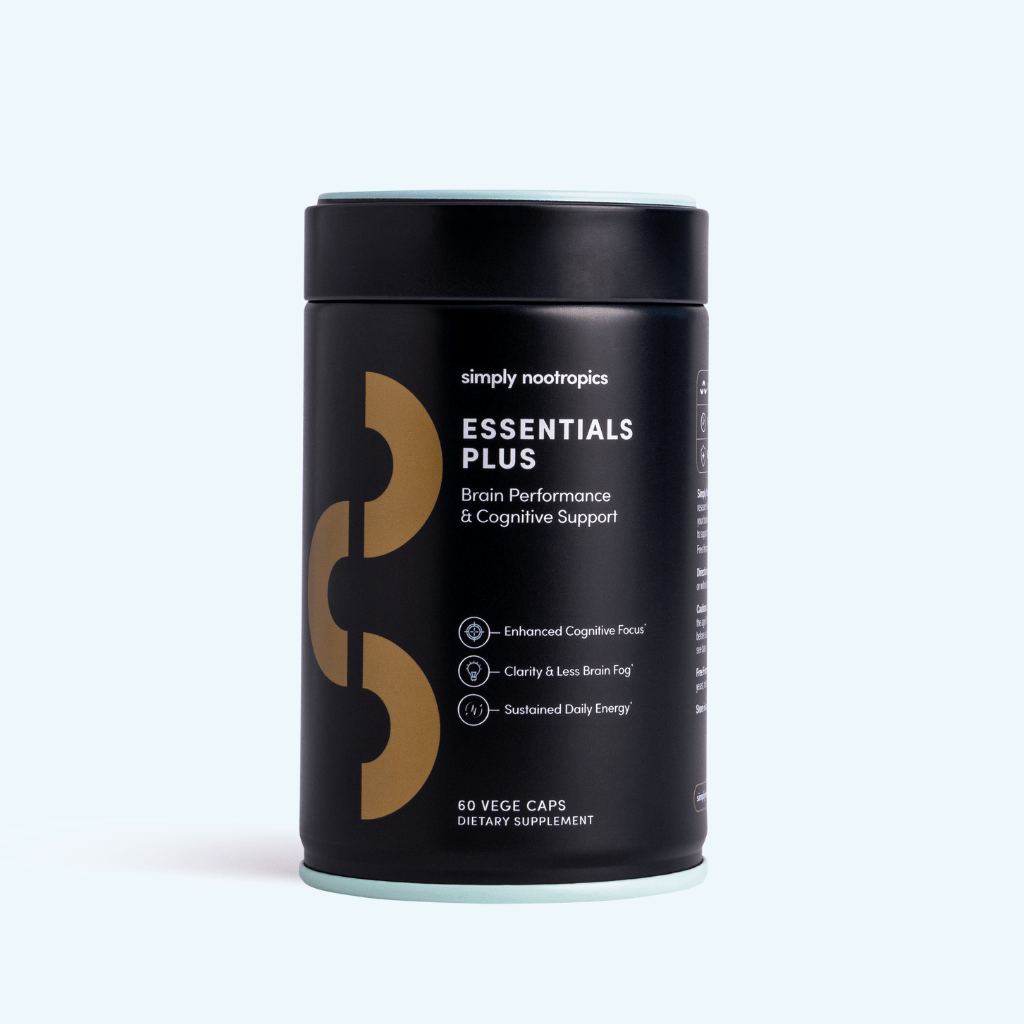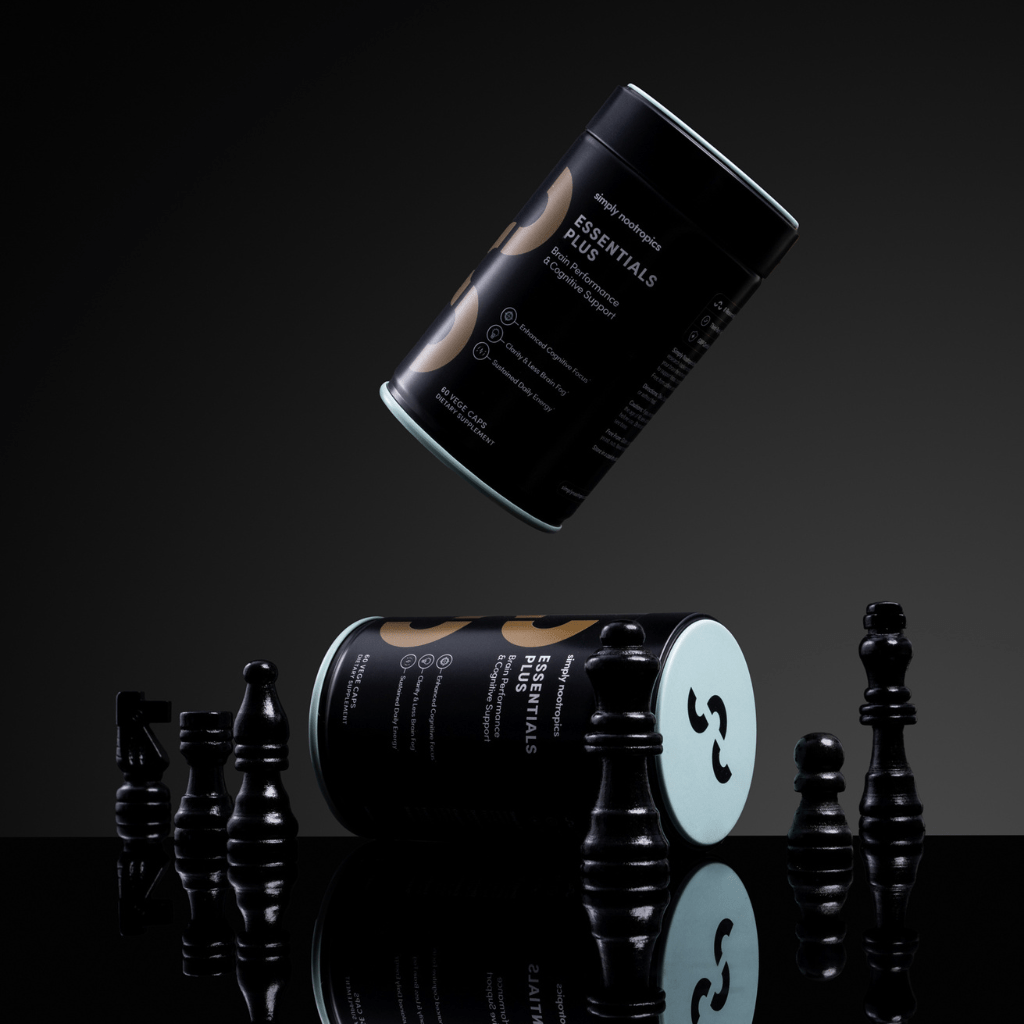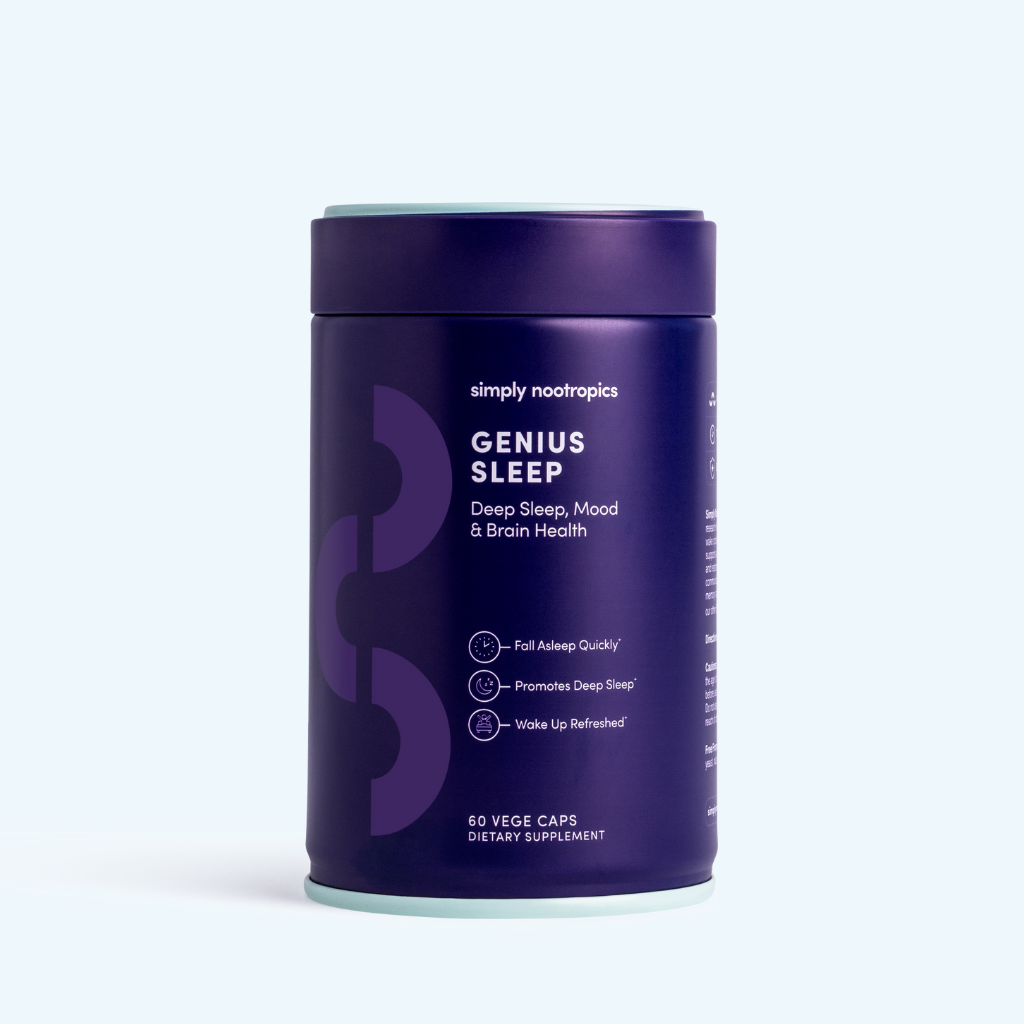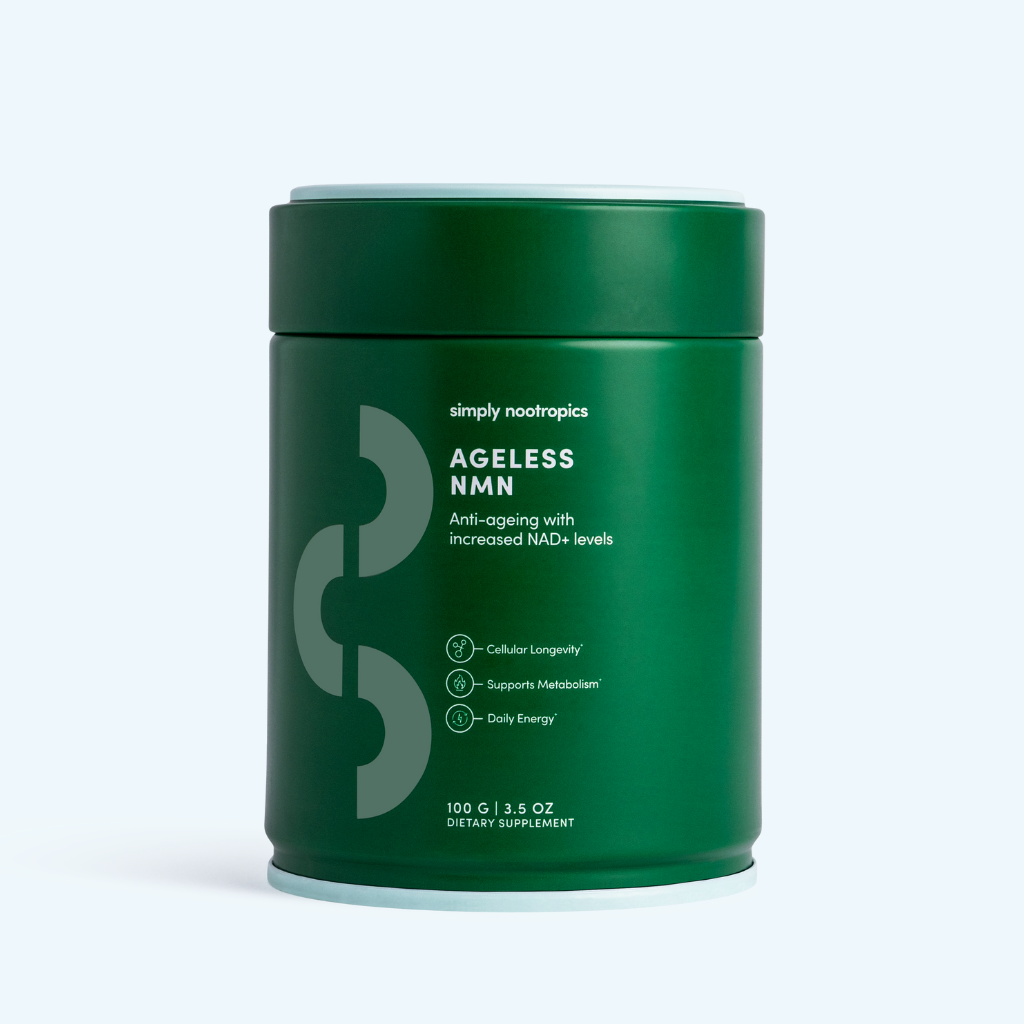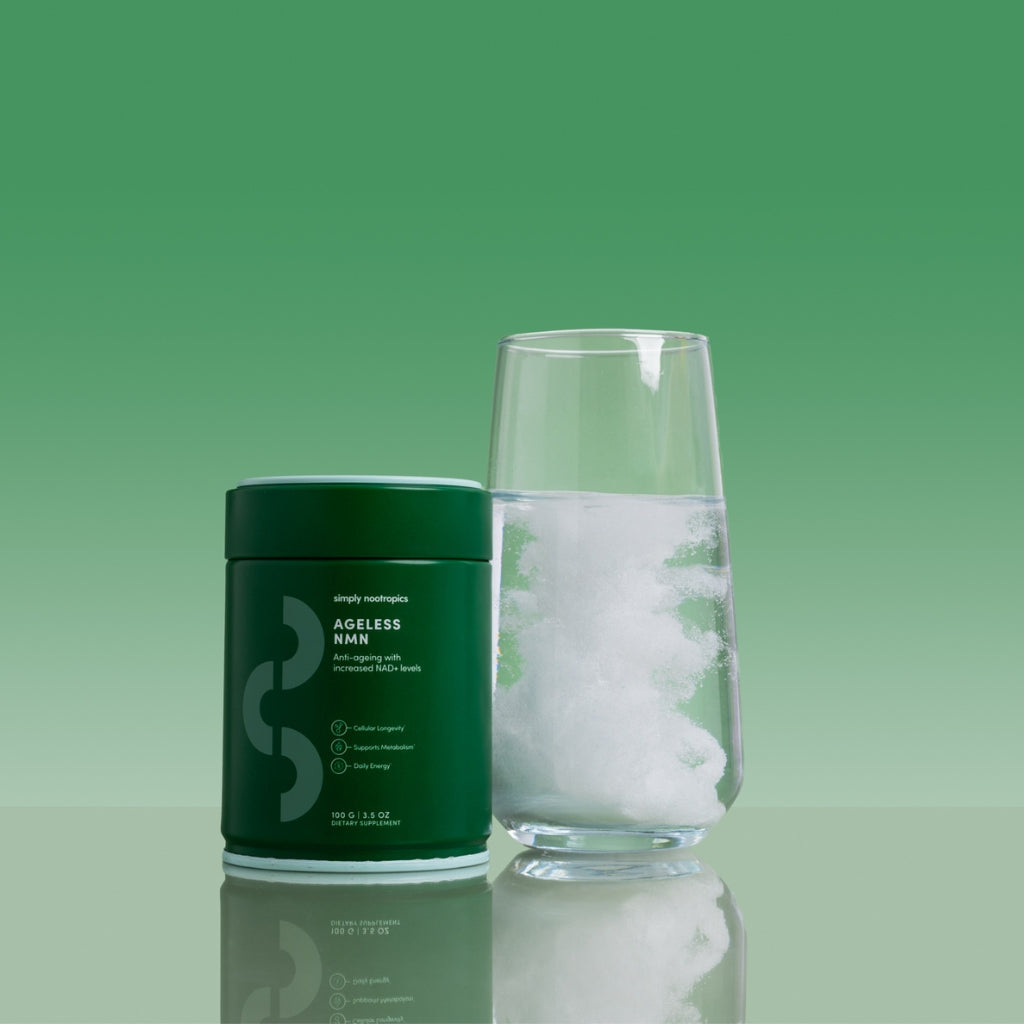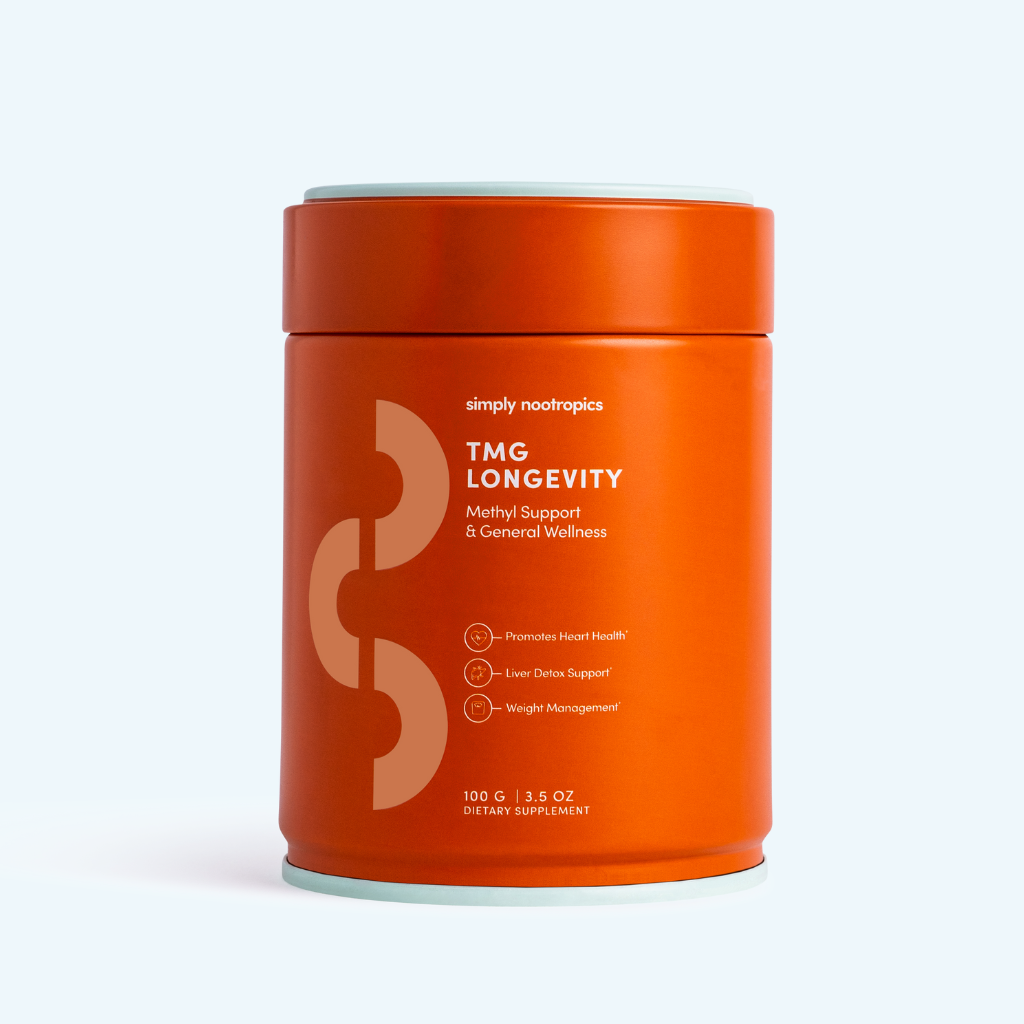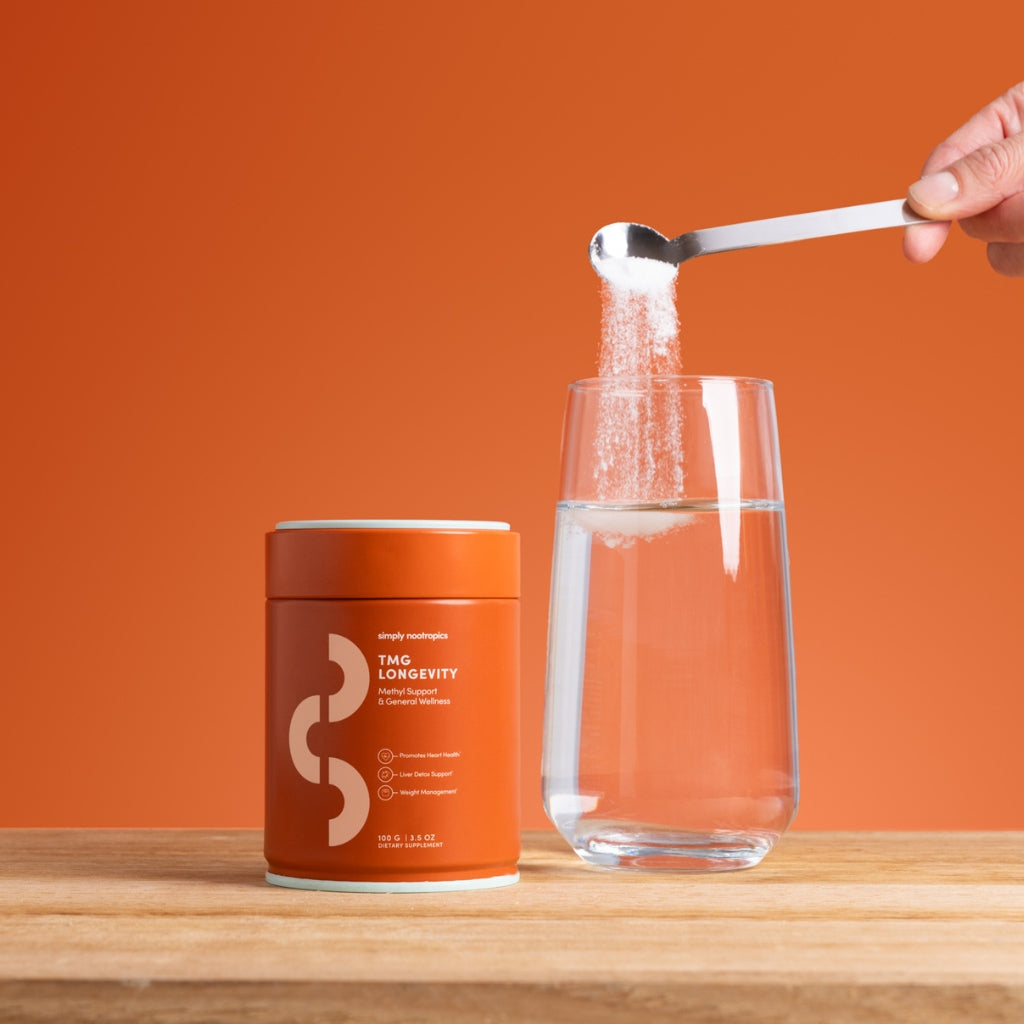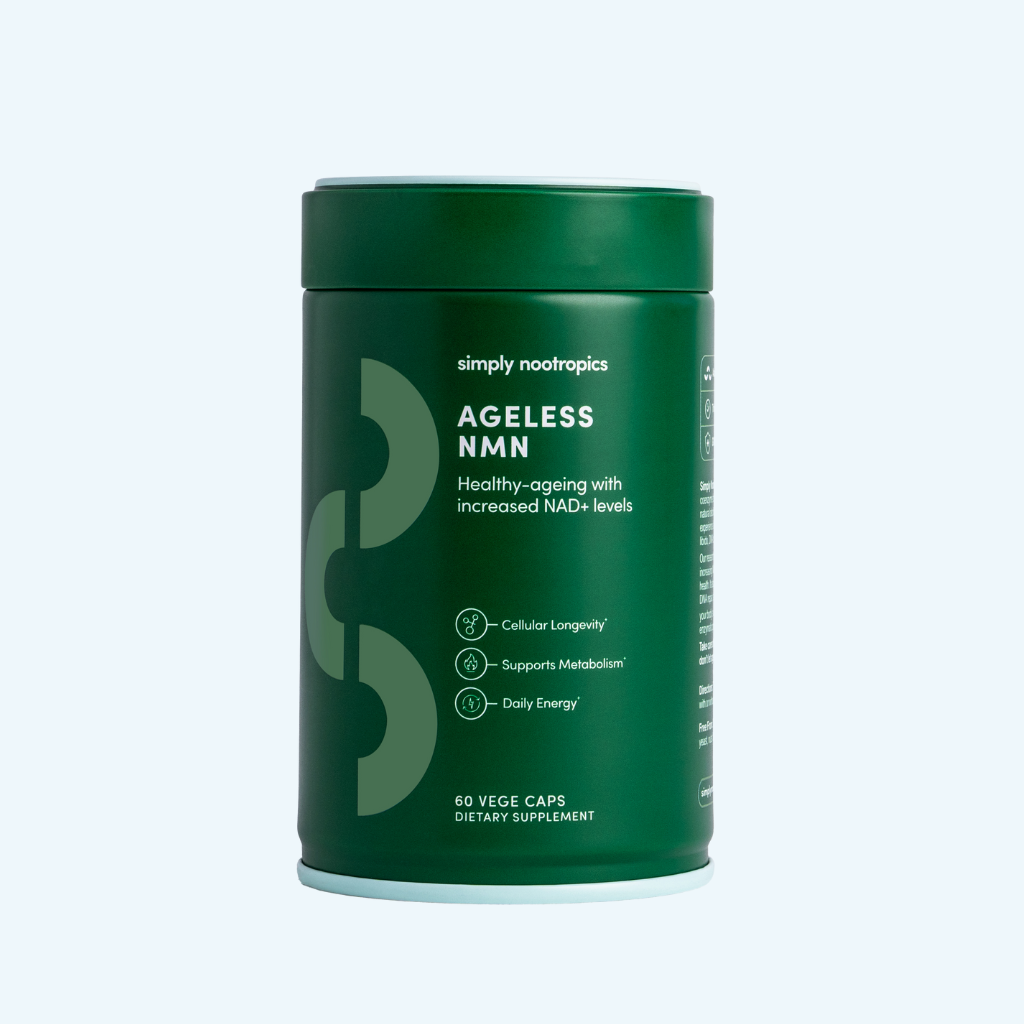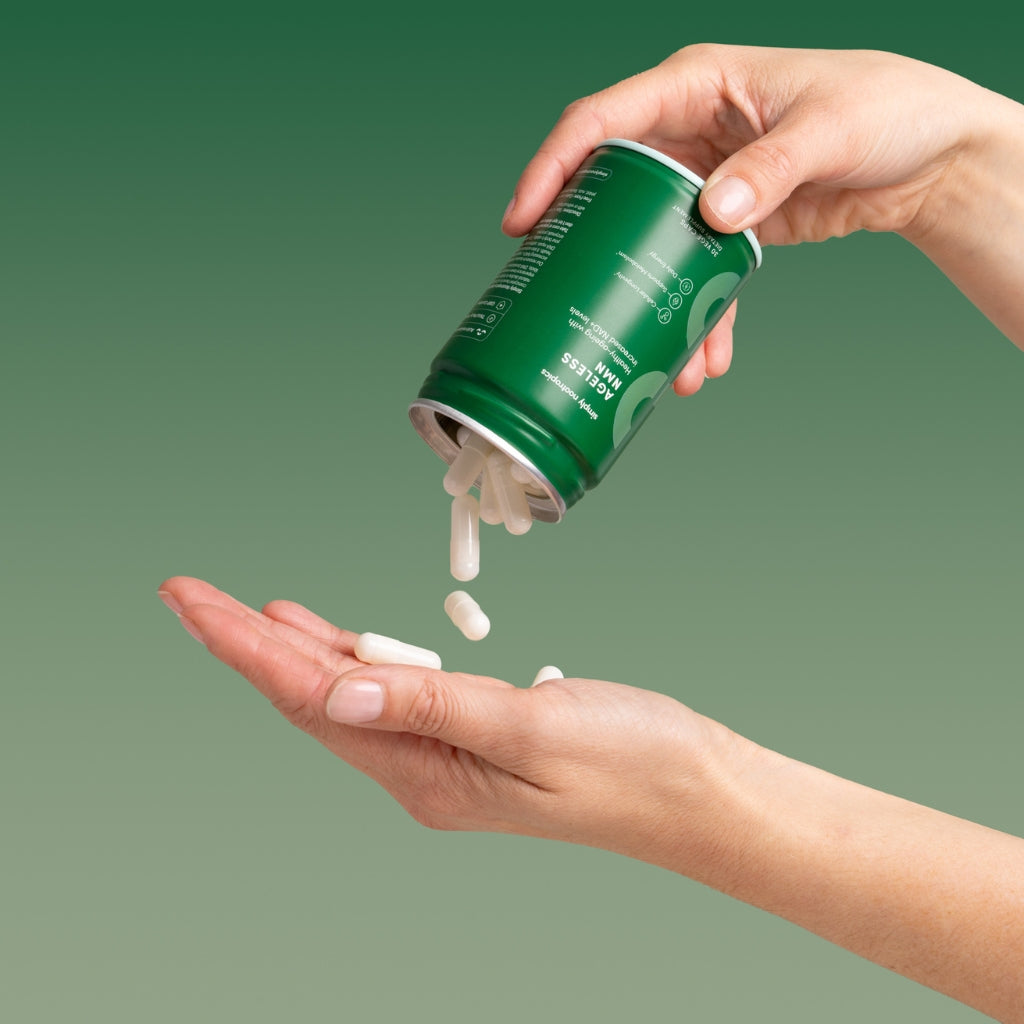This week in longevity science, the research stretches from your dinner plate to your digital life. Scientists are experimenting with edible “fat sponges” made from green tea and seaweed to block fat absorption, new animal research explores how different beers shape metabolism, and psychologists unpack the difference between healthy gaming and compulsive gaming.
Together, these studies show how much of longevity is about the intersections: food and metabolism, lifestyle and hormones, brain health and behaviour.
1. Green Tea + Seaweed: The Rise of Edible “Fat Sponges”
At a scientific meeting this month, researchers revealed an unusual tool for tackling obesity: plant-based microbeads that act like edible sponges for fat. They’re built from green tea polyphenols and vitamin E, wrapped in a seaweed-derived coating that survives stomach acid and only dissolves in the intestine.
Once released, the beads trap dietary fat before it’s absorbed. In rat experiments, animals fed a high-fat diet alongside these beads lost nearly 17% of body weight over 30 days, excreted more fat in their stool, and showed less liver damage compared to controls. A human trial with 26 participants has already begun at West China Hospital.
What makes this concept novel is its food-grade, non-systemic design. Unlike pharmaceutical fat blockers such as orlistat, the beads caused no gastrointestinal side-effects in animals. Researchers even imagine them being delivered in boba-style “pearls” in everyday foods or drinks.
For now, it’s still early. But if human trials confirm safety and efficacy, this could mark a shift toward functional foods that actively manage calorie absorption rather than supplements or drugs alone.
2. Moderate Beer Benefits? Only in Mice (For Now)
In China, another team explored whether beer, specifically unfiltered lager, stout, and IPA, could slow ageing markers in a mouse model. Aged male mice received small, equivalent-to-human “moderate” doses of beer for four weeks.
The results? Across the different styles, beer appeared to:
-
Boost antioxidant defences (higher superoxide dismutase and catalase).
-
Reduce oxidative stress markers like malondialdehyde.
-
Lower inflammatory cytokines including IL-6 and TNF-α.
-
Improve lipid metabolism, especially in the IPA group, which reduced LDL cholesterol, total cholesterol, and triglycerides.
Different beers produced slightly different effects: unfiltered lager increased gut microbiome diversity, stout leaned on antioxidant polyphenols, while IPA showed the most consistent improvements in inflammation and cholesterol.
These findings highlight that polyphenols, melanoidins, hop acids, and live microbes can influence metabolism independent of alcohol itself. But the caveat is obvious: these are male mice in a short study with a chemically induced ageing model. It doesn’t mean people should be adding beer to their longevity stack. What it does underline is the power of plant compounds in food and fermentation, many of which can be found outside of alcohol: think cocoa, tea, berries, or fermented foods.
3. When Gaming Supports Connection, and When It Becomes Compulsive
Finally, researchers at Charles Darwin University turned the spotlight on gaming, socialisation, and wellbeing. Their study examined how autistic-like traits (ALTs) interact with gaming habits.
They found that individuals with higher ALT scores weren’t primarily driven by social motives when gaming. Instead, escape motives, playing to avoid stress or negative emotions, were more strongly linked to problematic gaming behaviours. Both social and escape motives helped explain the link between ALTs and gaming difficulties.
Importantly, the researchers emphasise that gaming itself is not inherently harmful. It can be a source of social connection, fun, and stress relief. But when it becomes primarily a tool for escape, it risks tipping into compulsion.
For longevity, this highlights the broader principle: mental health and purpose-driven behaviour are as vital as diet and exercise. Habits that align with social connection, enjoyment, and stress relief enhance wellbeing. Those that centre on avoidance can undermine it.
Where This Leaves Longevity
What ties these four studies together is the recognition that longevity is multifaceted. It isn’t about a single diet, supplement, or habit. It’s about:
-
Innovations in food tech that may change how we process calories.
-
Plant compounds that quietly shape metabolism, inflammation, and resilience.
-
Sex-specific biology that calls for tailored approaches to brain health.
-
Motivations behind behaviours, not just the behaviours themselves.
Each represents a frontier: some at the animal or mechanistic stage, others already pointing to actionable strategies today.
The Essentials of Resilience
Building longevity into daily life means finding tools that support both the physiology of resilience (better sleep, sharper focus, steadier energy) and the psychology of resilience (healthy coping, stronger connection).
That’s why Essentials Plus brings together clinically studied ingredients like Ashwagandha, Rhodiola, Lion’s Mane, Panax Ginseng, and Brahmi, alongside L-Theanine, CDP Choline, and Enzogenol. Together in Essentials Plus, they provide consistent support for stress balance, energy stability, and cognitive clarity, the kind of foundation that turns insights from studies like these into habits you can actually sustain.
Because longevity isn’t only about adding years to life, it’s about adding life to every year.



